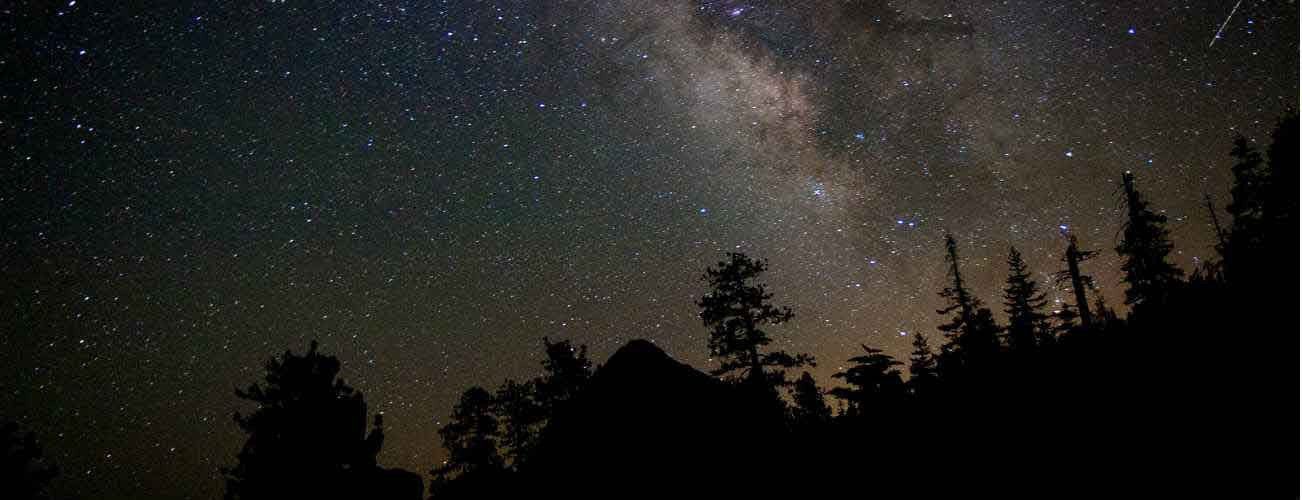Buyer's guide for astronomy binoculars

Choosing astronomy binoculars
When most people think of stargazing and astronomy, they immediately turn to telescopes to get a better view of the night sky. But every keen astronomer should also have a good pair of star gazing binoculars by their side to complement the use of their telescope.
Binoculars may be lower in magnification and thus produce images that are not as magnified as a telescope, but they have numerous benefits. Binoculars are often considered easier to use than telescopes and are less expensive, they are also lighter and much easier to take outside, use, and put away. In addition, binoculars allow you to see with both eyes and offer a wider field of view than telescopes making celestial objects easier to find and providing surer, more natural views.
Use our handy astronomy binoculars buyer's guide to help you choose the best binoculars for astronomy. If you want to find out more about the basics of binoculars and how to understand their specifications, why not read our generic binoculars buyer's guide to get a clearer understanding. We’ve also suggested a few recommended binoculars for astronomy from our collection to help you.
What magnification do my astronomy binoculars need to be?
In order to get a good look at distant stars, galaxies and the moon, many astronomers choose binoculars with a high magnification of 20x or above. But high magnification binoculars can lead to unstable, shaky images, as every slight movement of your hands is also magnified. Binoculars with a higher magnification often have large lenses too which makes them heavier to use and not as portable.
The only way to combat this problem is to use higher magnification binoculars with a tripod to stabilise the image, or opt for binoculars with a lower magnification. This decision often comes down to personal preference, and you should take some time to consider where and when you wish to use your astronomy binoculars. If you plan on mounting them on a tripod and using them to view the night sky only through a window from your home, then you may want to choose a higher magnification model which will allow your to get a closer view of the moon and stars. Alternatively, if you want to be able to take your binoculars out with you on an night time walk in to the countryside to get a clear view of the stars without the effects of light pollution in the city, then you may be less inclined to take a heavy pair of binoculars and a tripod with you, so choosing a lower magnification of 10x may be more appropriate.
It is important to note that as the magnification of a pair of binoculars increases, the field of view, or the amount of the night sky that you can see through your binoculars decreases. Look for a pair of binoculars that provides a good balance between magnification and field of view.
How big do the lenses of my binoculars for astronomy need to be?
The most important thing to remember when choosing astronomy binoculars, is that the larger the lenses, the better they will be for viewing the night sky. Binoculars with large objective lenses allow for more light to get into them and mean that the images you see are brighter. Large lenses also allow for a wider field of view meaning that you can see more of the sky above you. Binoculars for astronomy and night use should have objective lenses that are at least 50mm in diameter, but we’d recommend those that have lenses at least 60mm in diameter and would opt for those that are 70mm and above.
In conclusion
Different binoculars suit different people, so take some time to really think how you will use them. If you will be using them for the occasional stargazing but also want to take them along for trips and events then you’ll be better off with lighter, more portable models that can easily carried around and used without a tripod. You will not have any issues with achieving a stable image. These will also be great for general viewing, travel, birding, hunting, sports etc.
On the other hand if you are happy to keep your binoculars fixed in one location and mainly use them for astronomy and long distance viewing then go with a larger and more powerful model. The most important thing to remember is that the larger the lenses of your binoculars, the better they will be for astronomy.










